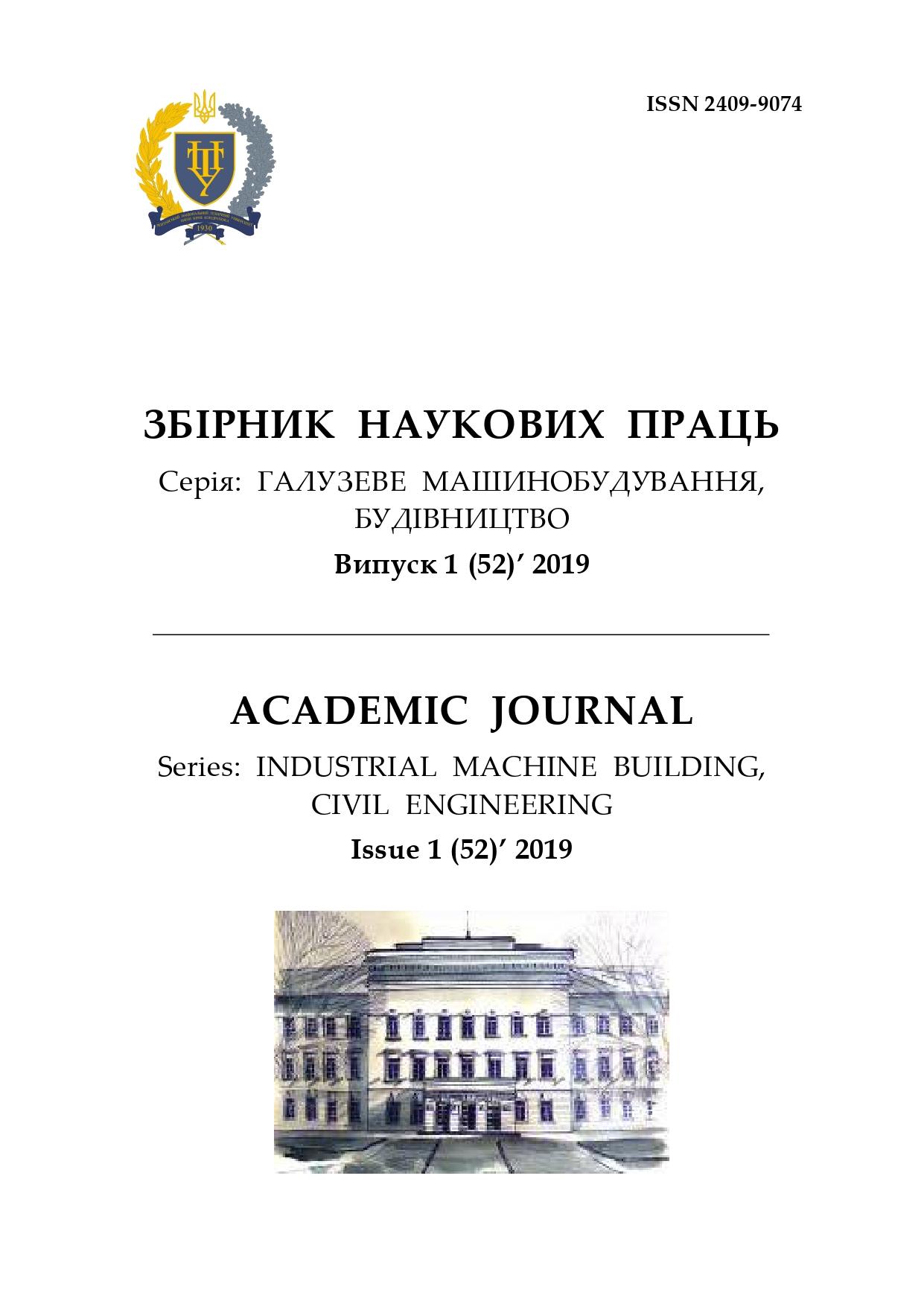Energy performance of buildings in European Union countries and Ukraine
DOI:
https://doi.org/10.26906/znp.2019.52.1695Keywords:
energy performance of buildings, the structure of building energy consumption, building envelope heat exchange resistance, room temperature in winter timeAbstract
Complex comparative analysis of building energy performance rates in EU countries and Ukraine has been carried out.
The relation between building insulation rates and European countries climate condition has been investigated. It is illustrated
that there is a significant gap between building energy efficiency characteristics in Ukraine and in most of the EU countries.
Economically justified rates of building envelope heat exchange resistance which can lead Ukraine to common European
level based on optimized calculations are suggested. The necessity for further increase in building envelope heat exchange resistance
rates in order to raise building energy efficiency and put Ukrainian building regulations in harmony with EU countries
corresponding norms is proved.
References
On the energy efficiency of buildings. Law of Ukraine
dated June 22, 2017 N. 2118-VIII. (2017).
Fahrenyuk, G.G. (2008). Energy Efficiency of Increasing
Thermal Technical Indicators Main Elements of the
Thermal Insulation Shell in Buildings. Construction of
Ukraine, 8, 12-14.
Fahrenyuk, G.G. (2009). Fundamentals of ensuring energy
efficiency in buildings and thermal reliability of fencing
structures. Kiev: Gamma Print.
Fahrenyuk, G.G. (2011). Complex of normative indicators
thermal insulation shell in buildings. Construction Bulletin
of Science, 63, 123-126.
Fahrenyuk, G.G. (2013). Methodological bases for consideration
of energy efficiency in buildings. Construction.
Material science. Mechanical Engineering. Series: Innovative
Technologies for the Life Cycle of Housing, Industrial
and Transport Facilities, 69, 548-553.
Tabunshchikov, Y., Brodach, M. & Shilkin, N. (2003).
Energy efficient buildings. Moscow: AVOK-Press.
Kurbatov, V.L. (2004). Improving energy efficiency by
improving the heat protection of the exterior walls of buildings.
Building Materials, Equipment, Technologies of the
st Century, 3, 46-47.
Matrosov, Yu.A. (2008). Energy saving in buildings.
The problem and ways to solve it. Moscow: NIISF.




